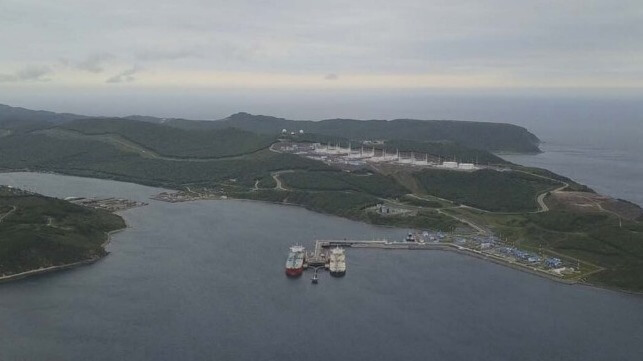Report: Russian Oil Finds Bigger Buyers and Higher Prices in China

Russian oil shipments have been holding their value well despite the new G7 price cap mechanism, and an increasing interest from Asian buyers appears to be supporting a further rise, traders told Bloomberg this week.
In September, the G7 nations agreed to put a price cap on seagoing shipments of Russian oil, hoping to restrict the amount of money flowing to Moscow without an outright ban on its crude. The mechanism works by limiting G7 / EU-based maritime "service providers" to serving only cargoes priced below $60 per barrel. Shipping companies located in other jurisdictions are exempt.
Until recently, the primary buyers of Russian crude were large refiners in India and the small, independent "teapot" refineries in China. Because of sanctions and reputational risk, Russian crude has traded at a discount to Brent since the invasion of Ukraine, and these value-minded refiners have taken in millions of barrels that were too hot for others to handle.
This has recently changed, traders told Bloomberg: state-owned oil companies Sinopec and PetroChina have shed their reticence and jumped into the ring, bidding up the price to within $7-10 of Brent. In addition, new customers outside of China and India appear to be feeling comfortable with the alternative methods that Russia has created to sell and deliver oil. By using non-Western currencies for payment and relying on Russian sellers to arrange shipping, these refiners can buy Russian crude without consequences, traders said.
These reports are consistent with a study released by academic researchers at Columbia, UCLA and the KSE Institute last month. The team examined sales data and determined that Russia's average seaborne oil export price is still well above the $60 per barrel G7 price cap. Since many of these barrels travel aboard ships covered by the G7 sanctions measure, this suggests a need for strengthened enforcement.
